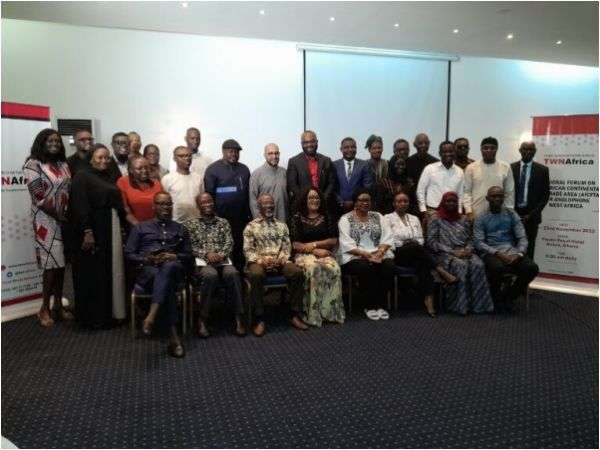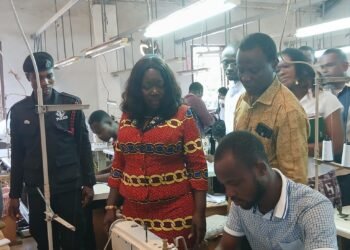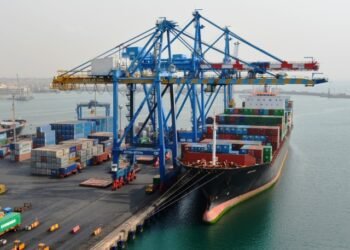The African Continental Free Trade Area (AfCFTA) stands as a beacon of hope for Africa, promising profound economic and social gains for its people. Despite a slow implementation, the potential impact of AfCFTA, if fully realized, extends beyond mere trade facilitation.
It holds the key to higher incomes, reduced poverty, and accelerated economic growth. A recent World Bank report underscores the transformative power of AfCFTA, projecting that harmonizing investment and competition rules could boost regional incomes by an impressive 9%, amounting to a substantial $571 billion.
This economic uplift is not only about numbers; it translates into the creation of nearly 18 million new jobs, many of them offering higher pay and better quality. Women workers emerge as major beneficiaries, with wage gains projected to be 11.2% higher by 2035 compared to a scenario without the agreement.
In a three-day ECOWAS regional multi-stakeholder forum on AfCFTA held in Accra brought together participants from private sector associations, civil society organizations, and officials of the AfCFTA Secretariat. The Managing Director for Development Policy and Partnerships at the World Bank, Mari Pangestu, emphasized the critical timing of AfCFTA, calling for regional cooperation to navigate risks and support inclusive growth in Africa.
Economists advocate for significant integration beyond trade and trade facilitation measures. Harmonizing policies on investment, competition, e-commerce, and intellectual property rights could enhance market efficiency, reduce regulatory risks, and attract more foreign direct investment. By 2035, this integration could result in a 9% increase in incomes, reaching $571 billion, and the creation of 18 million new jobs.
Intra-African Exports and Sector Growth
Greater foreign direct investment (FDI) is expected to raise Africa’s exports to 32% by 2035, with intra-African exports growing by an impressive 109%, particularly in the manufactured goods sectors. All African countries are poised to experience an increase in intra-African exports, with notable growth projections for Tunisia, Cameroon, Ghana, Tanzania, and South Africa. The reduction of trade barriers is anticipated to spur growth in export sectors like textiles, apparel, chemicals, rubber and plastic products, and processed foods.
AfCFTA’s focus on digital trade is highlighted by experts who emphasize the power of the Internet in driving Africa’s digital economy. Bridging the digital divide and ensuring digital inclusion are key objectives to facilitate trade and participation in the digital economy, particularly for women, youth, persons with disabilities, and rural communities.
Challenges remain, as highlighted by the Pan-African Private Sector Trade and Investment Committee (PAFTRAC) Africa CEO Trade annual survey. Insufficient awareness of AfCFTA and its instruments among African CEOs indicates a need for greater promotion. However, new initiatives like the Pan-African Payment and Settlement System (PAPSS) offer solutions, making cross-border trade easier and reducing costs.
Historical barriers, rooted in the colonial era’s impact on trade and transport infrastructure, have long constrained intra-African trade. AfCFTA is a groundbreaking effort to address these issues, creating a free trade zone uniquely tailored to African needs. The implementation of this ambitious initiative is recognized as an ongoing process that requires dedication and collaboration.
To fully unlock the potential gains in trade, investment, and jobs, active private sector participation and buy-in are essential. The Executive Director of TWN-Africa, Dr. Yao Graham, urges African governments to seize the opportunities presented by AfCFTA, emphasizing the importance of opening up economies and fostering trade.
AfCFTA is not just an agreement; it is a transformative journey toward a more integrated, prosperous Africa. The challenges are real, but the commitment demonstrated at forums and the potential benefits for the continent make the ongoing implementation a critical process.
READ ALSO: Tomorrow.io and MTN Group Partner for Lifesaving Weather Warnings in Africa with Microsoft’s Support























